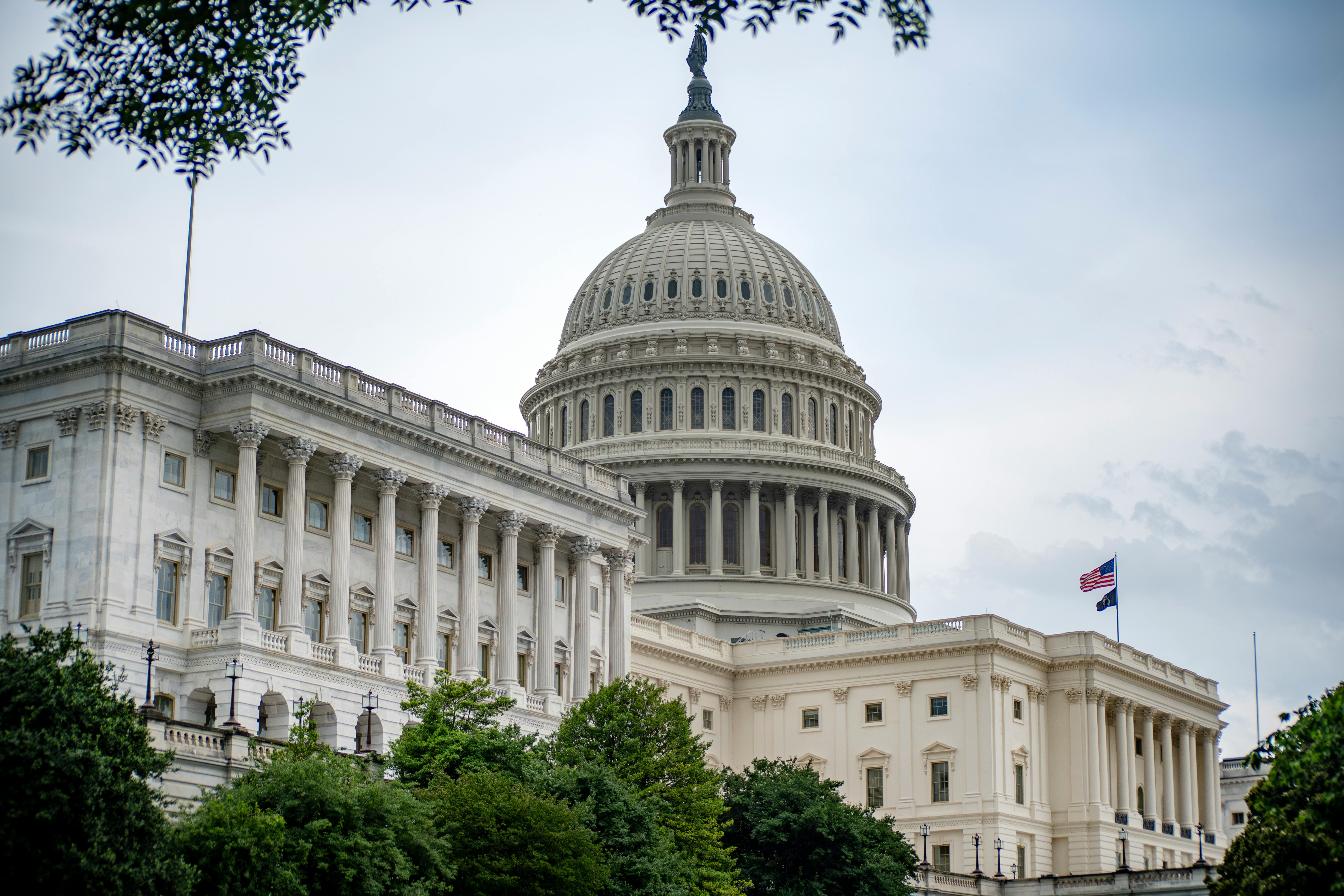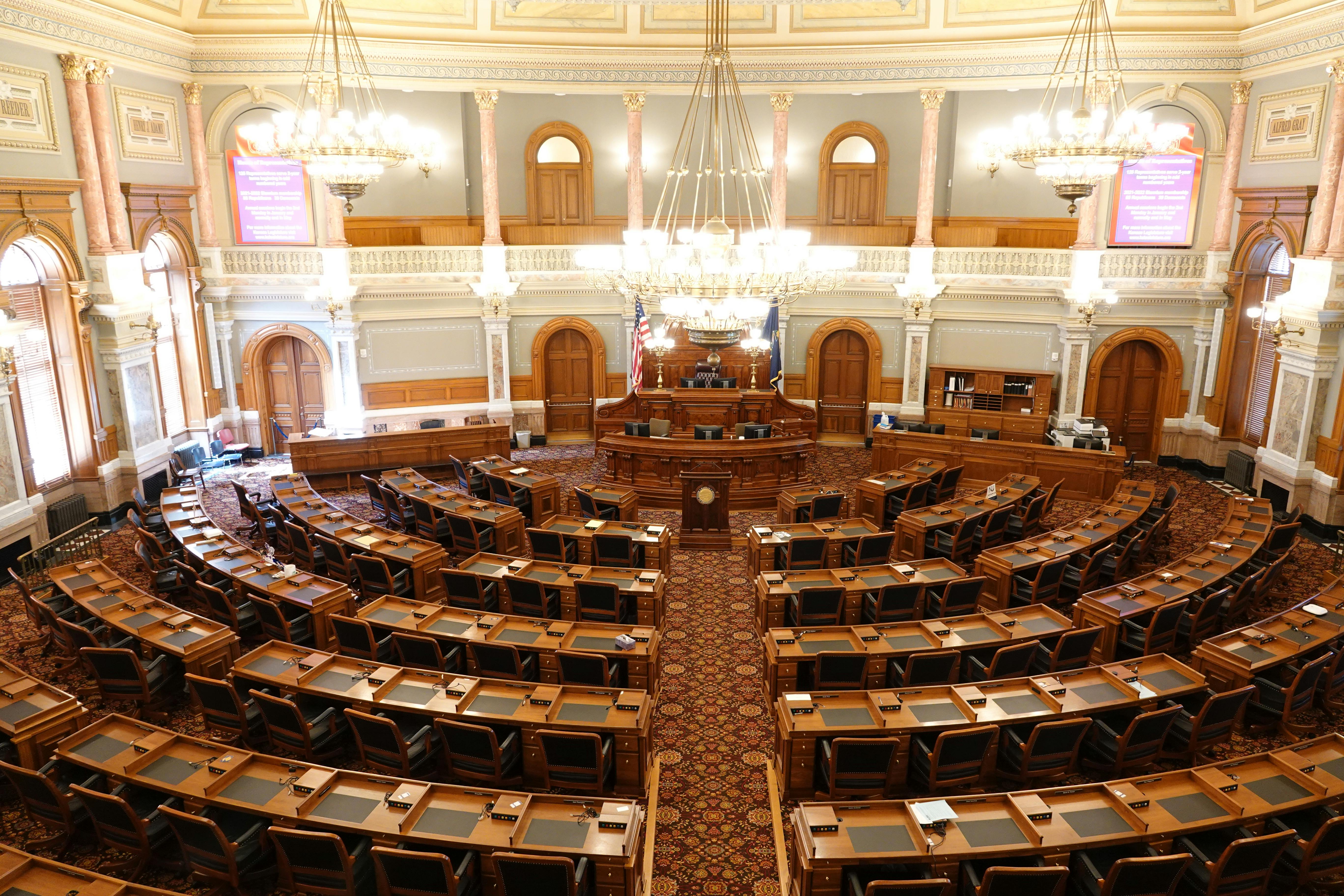
Medicaid Cuts Remain in GOP Budget Bill Despite Partial Senate Rejection
Despite a partial ruling from the Senate parliamentarian, several contentious Medicaid reforms in the Republican-backed “One Big Beautiful Bill Act” remain intact, raising concerns among policy experts about the potential impact on coverage for millions of Americans. On June 26, the Senate parliamentarian rejected specific proposed changes targeting Medicaid provider taxes.
These taxes allow states to finance their share of Medicaid costs, and the rejected provisions aimed to lower the safe harbor limit in expansion states and halt new provider taxes across the board.

For illustration purposes only. | Source: Pexels
The Congressional Budget Office (CBO) considers such measures to be Medicaid funding cuts, estimating that up to 400,000 individuals could lose coverage if states are unable to replace lost revenue.
However, other significant Medicaid changes—such as mandatory work requirements of 80 hours per month and more frequent eligibility redeterminations every six months—were allowed to remain in the bill. These provisions were not deemed extraneous to the budget by the parliamentarian under the Byrd rule, which governs the budget reconciliation process.
“The Senate bill, like the House bill, includes deep cuts to Medicaid and other health programs, and is deeply harmful, whether or not these provisions stay in or out,” said Allison Orris, senior fellow and director of Medicaid policy at the Center on Budget and Policy Priorities.

For illustration purposes only. | Source: Pexels
The House version of the legislation is projected to reduce federal Medicaid spending by nearly $800 billion, according to the CBO. Broader impacts of the proposed changes could lead to an estimated 7.8 million people losing coverage due to both Medicaid and Affordable Care Act modifications, as reported by the policy group Third Way.
Third Way also estimates that the legislation could increase medical debt by $50 billion, marking a 15% rise from current levels.
